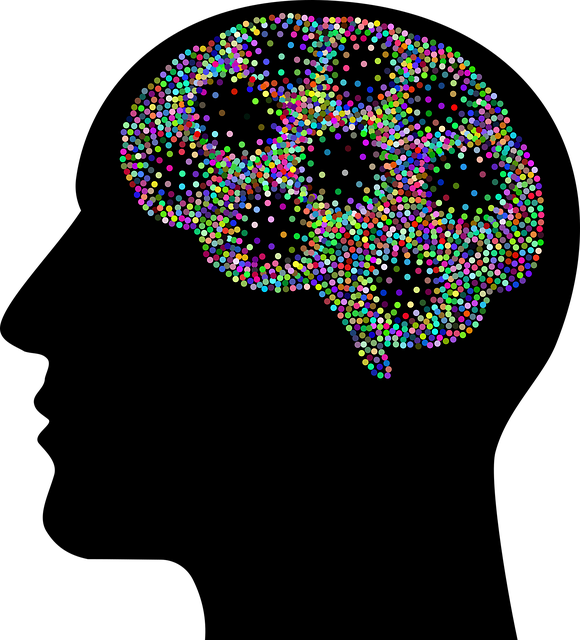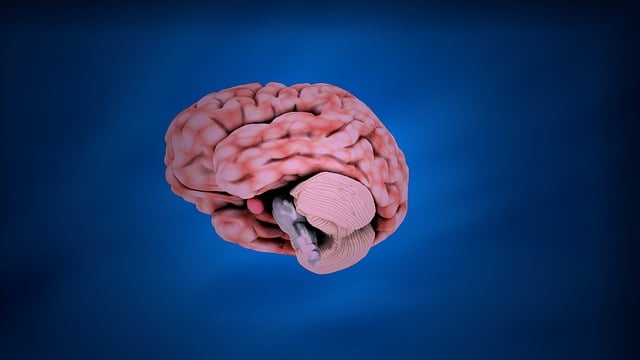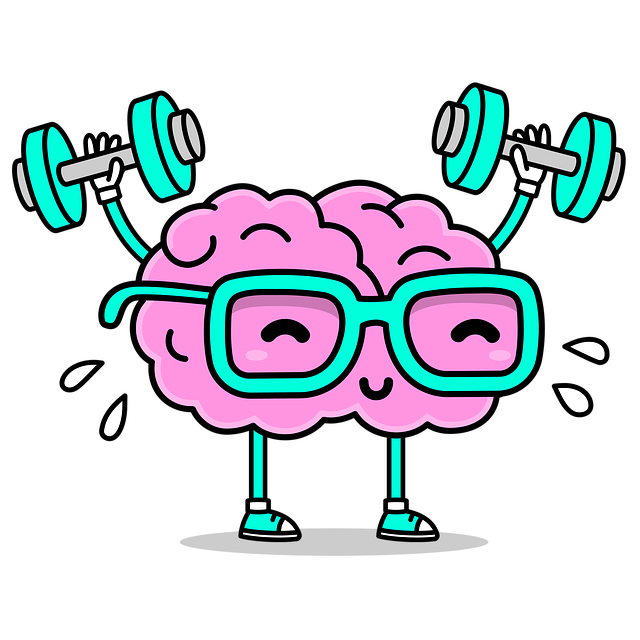Aurora ADD-ADHD Therapy is a revolutionary online platform offering comprehensive mental wellness assessments and personalized growth tools. Integrating evidence-based practices with adaptive tech, it empowers users to understand and manage stress, depression, and daily life challenges through self-reflection. Key features include user-friendly interfaces, diverse assessment types, and tailored strategies for anxiety relief and burnout prevention, making it a valuable resource in today's fast-paced world, especially for healthcare professionals facing intense pressures.
Mental wellness self-assessment tools play a pivotal role in empowering individuals to take charge of their mental health. In this article, we explore the development of such tools, focusing on the innovative Aurora ADD-ADHD Therapy approach. We’ll delve into understanding mental wellness self-assessments, designing effective tools with key features and considerations, and implementing these assessments within mental health support systems. By leveraging evidence-based methods, we can enhance access to care and improve outcomes for those seeking mental wellness guidance.
- Understanding Mental Wellness Self-Assessment: The Aurora ADD-ADHD Therapy Approach
- Designing Effective Tools: Features and Considerations for Comprehensive Self-Assessment
- Implementation and Impact: Strategies for Integrating Self-Assessment into Mental Health Support Systems
Understanding Mental Wellness Self-Assessment: The Aurora ADD-ADHD Therapy Approach

Mental wellness self-assessment tools like Aurora ADD-ADHD Therapy are revolutionizing personal mental health management. This innovative approach goes beyond traditional methods by offering a comprehensive, user-friendly platform designed to help individuals gain deeper insights into their mental health and well-being. By integrating evidence-based practices and adaptive technology, Aurora ADD-ADHD Therapy facilitates self-reflection and promotes personalized growth.
The therapy’s core focus on stress reduction methods and depression prevention strategies makes it a valuable asset in today’s fast-paced world. Through engaging features, such as interactive assessments and insightful reporting, users are empowered to make informed decisions about their mental health journey. Moreover, the production of a Mental Wellness Podcast Series within this framework can further enhance understanding and accessibility, reaching broader audiences with effective depression prevention techniques and stress management tips.
Designing Effective Tools: Features and Considerations for Comprehensive Self-Assessment

Designing effective mental wellness self-assessment tools is a meticulous process that requires careful consideration to capture the nuances of an individual’s emotional and cognitive state. These tools, akin to a compass guiding one through the intricate landscape of mental health, should be versatile enough to cater to diverse populations, including those with conditions such as Aurora ADD-ADHD Therapy. A comprehensive assessment must assess not just symptoms but also their impact on daily functioning, relationships, and overall well-being.
Key features include user-friendly interfaces that promote honest self-reflection, a balanced mix of quantitative and qualitative questions to capture both explicit and implicit cues, and the ability to tailor assessments based on specific concerns or conditions, such as stress management, self-care practices, and emotional healing processes. By incorporating these considerations, developers can ensure that the tools provide accurate insights, foster meaningful conversations with healthcare professionals, and ultimately contribute to improved mental wellness outcomes.
Implementation and Impact: Strategies for Integrating Self-Assessment into Mental Health Support Systems

Integrating self-assessment tools into mental health support systems is a strategic move towards personalized and effective care. These tools, designed to empower individuals, offer a glimpse into their unique mental wellness landscape, enabling tailored interventions. For instance, platforms like Aurora ADD-ADHD Therapy provide comprehensive assessments, not only identifying specific conditions but also gauging the impact of daily stressors on an individual’s mental health. This data is pivotal in developing targeted strategies for anxiety relief and burnout prevention, especially among healthcare providers who often face intense pressures.
By incorporating self-assessment into established support systems, individuals can proactively manage their mental wellness. The process fosters a deeper understanding of one’s emotional state and triggers, encouraging the adoption of mind over matter principles. This proactive approach ensures that interventions are not just reactive but preventative, potentially reducing the severity of mental health issues and enhancing overall well-being.
The development of mental wellness self-assessment tools, such as the Aurora ADD-ADHD Therapy approach, is a pivotal step in empowering individuals to take charge of their mental health. By incorporating comprehensive features and considerations, these tools can effectively capture the nuances of one’s well-being. Integration into existing mental health support systems, as highlighted in this article, has the potential to significantly impact care, enabling earlier intervention and more personalized treatment plans. This innovative strategy, inspired by approaches like Aurora ADD-ADHD Therapy, paves the way for enhanced mental wellness management and improved outcomes.











